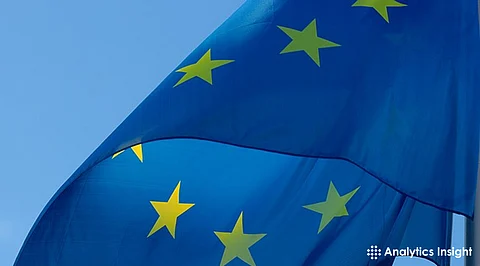

The European Union's AI Act aims to establish a comprehensive regulatory framework for artificial intelligence, prioritizing ethical use and risk management. By categorizing AI systems based on their risk level, the Act imposes stringent compliance requirements on companies developing and deploying AI technologies.
This regulatory approach has far-reaching implications, affecting not only EU-based businesses but also global tech companies, including US firms with operations in the European market.
The AI Act presents new hurdles in American Google, Microsoft, and OpenAI’s shoes. Transparency is imposed by the law on what is developed in AI, spelling out that companies must reveal their proprietary models and algorithms. Compliance costs may be high enough to deter firms from entering the EU market. Additionally, these regulations could prevent AI innovation and raise operational costs.
The Act’s supporters argue that regulation is necessary to prevent applications of harmful AI. They hope good governance will win trust and protect consumers. Excess restrictions could stifle technological progress, critics warn. Under these constraints it is possible that startups in the EU could find it a difficult task to compete. Before these regulations, some argue that EU has not been the biggest exporter of technology innovation.
According to the AI Act, however, the rules have extraterritorial reach: any company offering AI services in the EU has to abide by its rules. It is the same as the effect of the EU's General Data Protection Regulation (GDPR) on global data privacy policy. Such an Act may become a global precedent for AI governance. Nevertheless, this will put barriers in the way of EU and US regulatory collaboration.
American firms have been mentioned by the US government as a concern over the AI Act. The point of contention could become tariffs and trade restrictions. Meanwhile, China with its technological infrastructure continues expanding its technology. The current model in the country is driven by a state — this is influencing the global digital economy. The regulatory models competition may contribute to defining the future of AI governance.
The EU’s AI Act is a large step toward global AI regulation. It wants to make accountability but also counter innovation and competitiveness. The direction regulators and businesses are taking as they work out how best to govern AI will perpetuate the debate. The coexistence of safety and innovation may require international cooperation to produce balanced policies.
